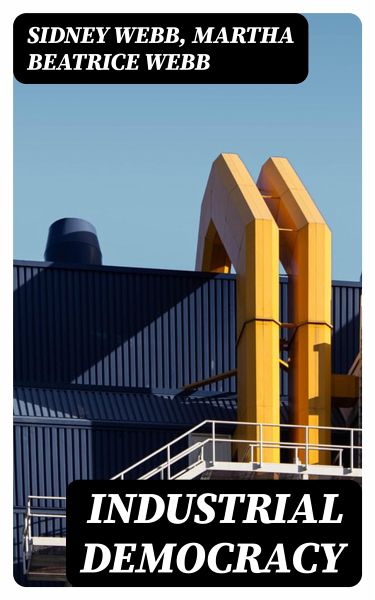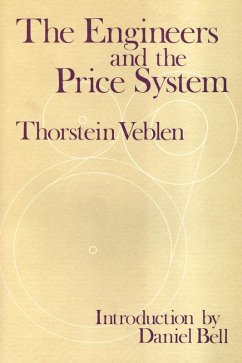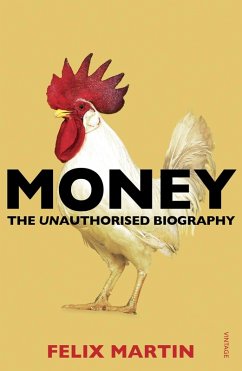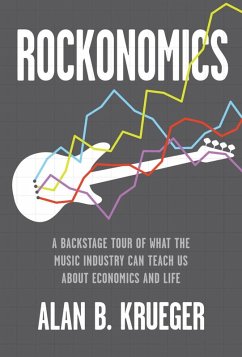
Industrial Democracy (eBook, ePUB)
Versandkostenfrei!
Sofort per Download lieferbar
1,99 €
inkl. MwSt.
Weitere Ausgaben:

PAYBACK Punkte
0 °P sammeln!
The anthology 'Industrial Democracy' is a seminal exploration of labor relations and collective governance at the turn of the 20th century. This collection deftly interweaves essays and articles that showcase a spectrum of literary styles ranging from incisive investigative journalism to compelling policy argumentation. Through its pages, readers encounter a dynamic interplay of ideas that focus on the empowerment of workers, the evolution of labor institutions, and the impacts of industrialization on democratic practices. The works compiled in this volume serve as both historical documents an...
The anthology 'Industrial Democracy' is a seminal exploration of labor relations and collective governance at the turn of the 20th century. This collection deftly interweaves essays and articles that showcase a spectrum of literary styles ranging from incisive investigative journalism to compelling policy argumentation. Through its pages, readers encounter a dynamic interplay of ideas that focus on the empowerment of workers, the evolution of labor institutions, and the impacts of industrialization on democratic practices. The works compiled in this volume serve as both historical documents and living texts, with notable pieces capturing the transformative ethos of their era. The contributing authors, Sidney Webb and Martha Beatrice Webb, were luminaries of the Fabian Society and pivotal figures in socio-economic reform. Their collective work in this anthology aligns with progressive movements advocating for social justice and democratization in industrial societies. Their insights are drawn from comprehensive studies and firsthand observations, offering a wealth of perspectives that reflect the broader intellectual currents of their time. Bridging the academic and the practical, their contributions underscore the multifaceted nature of socio-economic discourse that defines their era's transition into modernity. 'Industrial Democracy' invites readers to immerse themselves in a rich tapestry of thought critical for understanding the nexus of democracy, labor, and industry. This anthology provides a unique opportunity to uncover the multifarious perspectives that shaped early 20th-century socio-political landscapes. Whether for its educational value, its diverse array of insights, or the important dialogue it encourages among differing viewpoints, this collection stands as an essential resource for scholars, policy makers, and anyone interested in the evolution of industrial societies and the ongoing conversation between democracy and labor.
Dieser Download kann aus rechtlichen Gründen nur mit Rechnungsadresse in A, B, BG, CY, CZ, D, DK, EW, FIN, F, GR, H, IRL, I, LT, L, LR, M, NL, PL, P, R, S, SLO, SK ausgeliefert werden.













